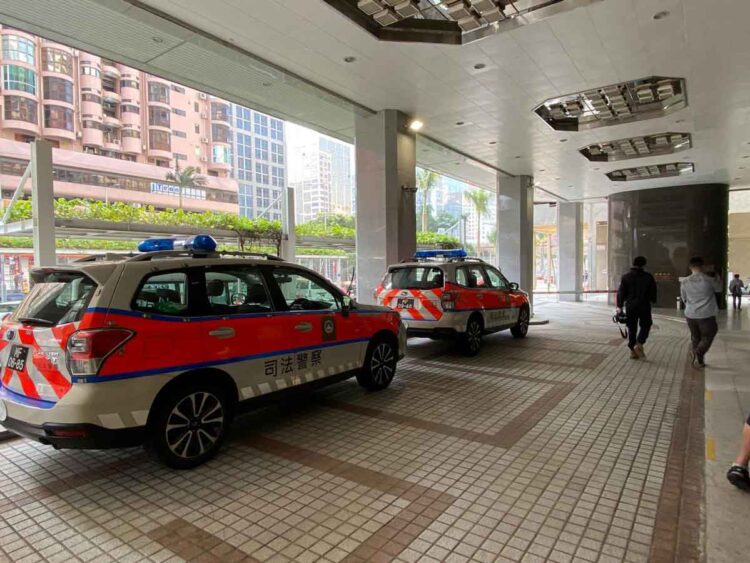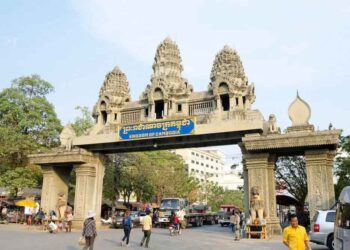Macau’s Judiciary Police (PJ) recently arrested 33 people suspected of conducting illegal currency exchange activities with casino players through eight jewelry shops in Macau, with the amount involved reaching HK$590 million (US$74 million).
Among those arrested, 22 were Macau residents and 11 were mainlanders. According to the facts of the case released by PJ, the 33 were part of a criminal illegal currency exchange organization, with the arrested individuals included the organization’s head.
They operated about eight jewelry shops in the vicinity of the casino through which they contacted gamblers and conducted illegal currency exchange for them.
According to the police investigation, the criminal organization first started to conduct currency exchange in 2019 and has continued to do so even after the new Illegal Gambling Law came into effect in October. Of the HK$590 million involved, profit is estimated to have been about HK$20 million (US$2.5 million).
After concluding its investigation, the police launched an operation on Tuesday 25 March, dispatching more than 80 police officers to a number of jewelry shops, offices and residential units in Macau, seizing more than HK$18 million (US$2.25 million) in cash and a small amount of chips at the scene, as well as discovering a number of financial account books and some suspected false transaction receipts.
Police pointed out that the organization had created false purchase records for gamblers at the jewelry shops to cash in for the gamblers and make profits from the exchange rate difference between Renminbi and Hong Kong dollars.
There was a clear division of labor within the organization, they added, with some people being specifically responsible for mobilizing the illegally obtained funds to avoid detection by the authorities.
In order to combat such money exchange gangs, Macau added the offence of unlawful exchange to the new Illegal Gambling Law last year. It is now an offence for any person to exchange money for gamblers as a business transaction.
Since the new law came into effect in October last year, the number of money exchange gangs has dropped significantly from 1,292 found in the first quarter of 2024 to 350 in the fourth quarter.




































